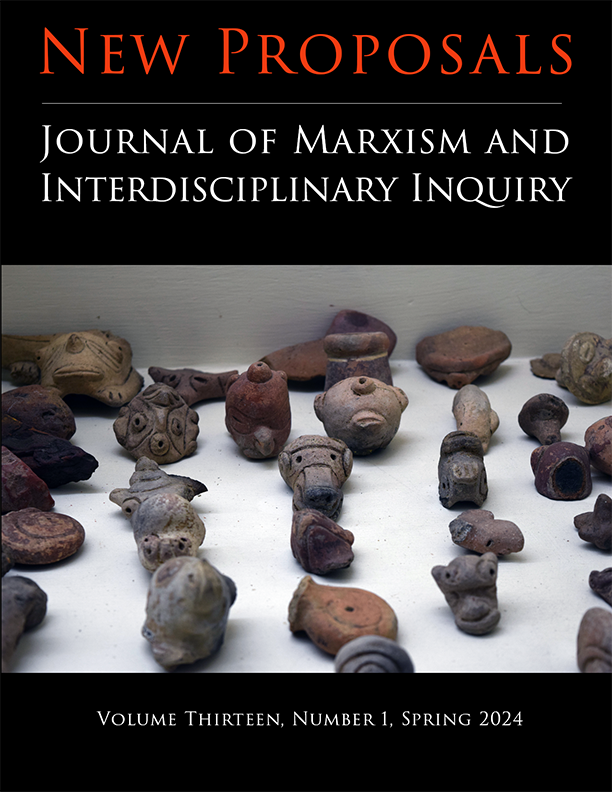Beyond the Singularity of Subordination
Césaire and Mbembe on “the work of man”
Abstract
This paper examines how Achille Mbembe draws upon, then iterates from, the work of Aimé Césaire to provide a rich analysis of personhood in contemporary Africa. Typically, African treatments of Mbembe’s theorization place considerable emphasis on the intellectual influence of Frantz Fanon, rightly so. And while Fanon does have a central role in Mbembe’s writing, arguably it is Césaire who prompts Mbembe to conceptually insist upon the historical malleability of racial classification, racial civic ascription, and racial subjective comprehension as these social forms are reshaped by historical development. In tracing the development of these aspects of Mbembe’s social and political thought, this paper discusses the bisections and points of departures with Césaire’s poetry and philosophy as it pertains to the notion of Blackness. Effectively the dialectical encounter with Césaire and the Caribbean situation helps give rise to Mbembe’s main conclusion that there is a severe limitation to Black Reasoning, especially when its discursive referents give preference to a sublime singularity over the mutable.
Downloads
Published
Issue
Section
License
Copyright (c) 2024 Scott Timcke

This work is licensed under a Creative Commons Attribution-NonCommercial 4.0 International License.
Copyright for articles published in this journal is retained by the authors, with first publication rights granted to the journal. By virtue of their appearance in this open access journal, articles are free to use, with proper attribution, in educational and other non-commercial settings.
